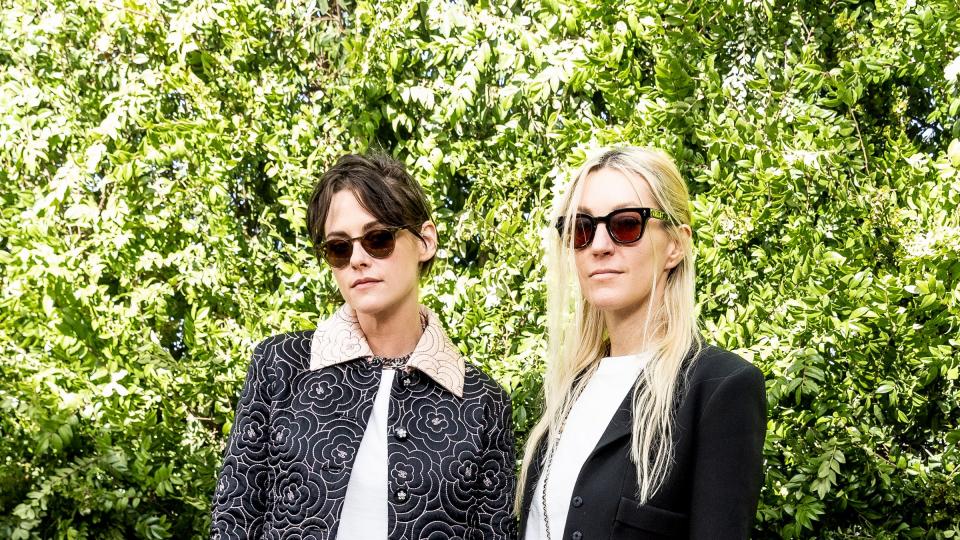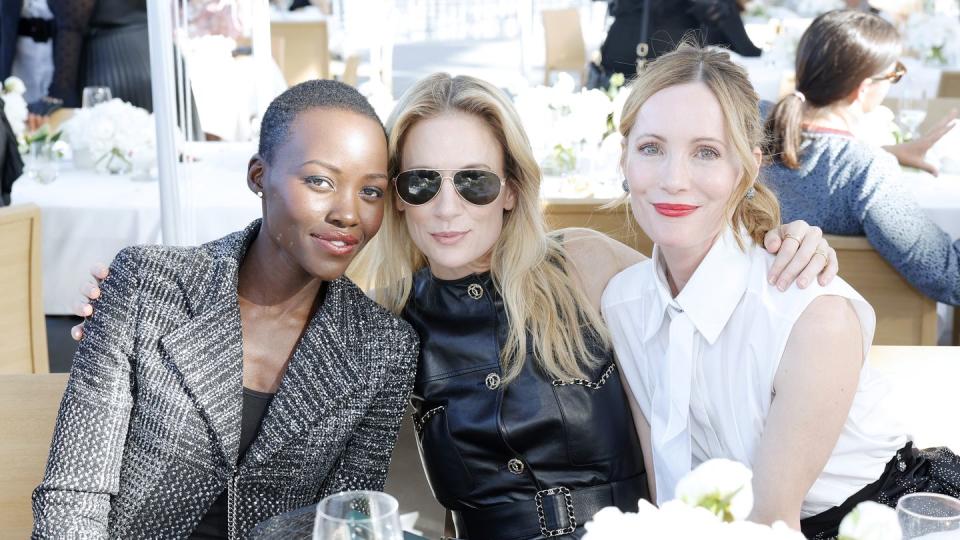Women in the Filmmaking Industry Are Choosing Optimism

Statistically speaking, being a woman at any level of filmmaking is rare. According to USC Annenberg’s Inclusion Initiative, of the top 100 films in 2022, only 19 had a woman lead or co-lead from an underrepresented racial group and only 34.6% of all characters were women. From those same 100 films, only 23.6% of all directors, writers, and producers were women. And these are some of the best numbers seen since the inception of filmmaking.
On November 9, The Academy of Motion Picture Arts and Sciences hosted their sixth annual Academy Women’s Luncheon in partnership with Chanel. In the open-air glass dome on top of the Academy Museum, women who play roles in every facet of the filmmaking process gathered to welcome a member of the next generation of women filmmakers by awarding the sixth annual Gold fellowship. This year’s recipient of the U.S. grant was Erica Eng, the director of two short films, Americanized and The Ghost.
Totally shifting the atmosphere, the 118-day actor’s strike had finally come to a close. The actresses in attendance—including Lupita Nyong’o, Kristen Stewart, Lily-Rose Depp, Greta Lee, Riley Keough, Eva Longoria, Sadie Sink, and more—found themselves at a celebration of the future of film, for a host of different reasons.


“Today is truly a day of celebration. The energy in this room is electric. If we had a roof, we would be blowing it off,” said Janet Yang, the Academy president, during her opening remarks. “We are all eager to get back to work, and we at the Academy are particularly thrilled that our industry is once again united.”
In America Ferrera’s keynote speech—one to rival her Barbie monologue—she didn’t shy away from the truth of the state of Hollywood. She referenced another Annenberg report, which concluded Latino representation in film has not improved in 16 years. Still, she chooses hope for the future of film. “Our grandmothers and great grandmothers dreamed of rooms like this one: women from different backgrounds, telling our stories and celebrating one another even as we demand more space, more resources, and more opportunity. Community is not something we can take for granted, and I would like us to consider that growing and strengthening it might be the key to our moving this industry forward,” she says.


Cara Jade Myers, a breakout star in Martin Scorcese’s Killers of the Flower Moon, shared a similar sentiment. She told Harper’s Bazaar, “There are so many Native American women behind the scenes who you don't see, who are so strong and challenging what it means to work in this industry…A lot of our tribes are matriarchal and that's at the core of everything we do. In this industry, Native women before us have had to experience so much adversity and have had to put up with so many stereotypes and so much racism, in order for me to be here today. I don’t take that for granted.”
You Might Also Like


